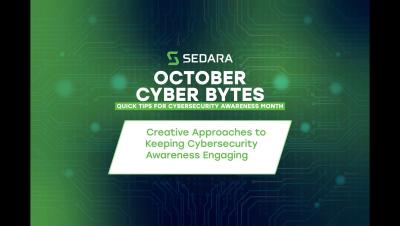Update: Broadcom Releases Fix for Incomplete Patch of Critical RCE Vulnerability in VMware vCenter Server and Cloud Foundation (CVE-2024-38812)
On October 21, 2024, Broadcom released updated fixes for the critical Remote Code Execution (RCE) vulnerability CVE-2024-38812 in vCenter Server and Cloud Foundation, as the initial patch from September did not fully resolve the issue. This vulnerability is a heap-overflow flaw in the implementation of the DCERPC protocol that a remote attacker can use to send specially crafted network packets to vCenter Server, potentially leading to RCE.











